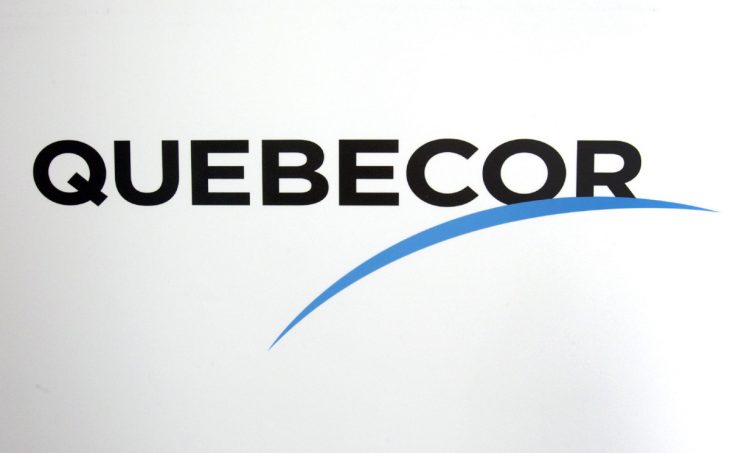
“Just marketing for now,” says Pruneau
By Ahmad Hathout
MONTREAL – The monetization of next-generation mobile wireless technology will depend on what it’s used for and, currently, it’s about bringing customer defections under control, Quebecor executives said Thursday.
“I think because it’s just marketing for now, it’s just a question of reducing or stabilizing churn,” Jean François Pruneau, president of Videotron, said on the company’s third-quarter conference call last week. “But we’re going to have to see more user cases on the residential front or on the business front to be able to see real, true monetization plans from us and from all players around the planet… because essentially today, it seems very hard to monetize the 5G investment.”
The comments echoed those given by president of Shaw’s Freedom Mobile, Paul McAleese, who said last week in the company’s own third-quarter conference call that the big Canadian carriers haven’t shown a need for 5G and haven’t crafted an appropriate business case for it. He said it could just be an added value in higher rate plans.
Videotron is celebrating not only its 10-year anniversary entering the wireless market, but it has now captured 20% of that market in Canada. The company was at around 16% market share by the end of 2017, when it surpassed the 1-million wireless subscribers threshold.
The company added 47,700 new wireless subscribers, which was up 3.4% in the quarter. It now has 1.45 million subscribers as of the end of September, an increase of 163,900 over the year. It also added 20,500 internet subscribers, up 1.2%.
Videotron revenues increased slightly this quarter to $325.9 million, by 7% or $61.2 million. Media revenues declined by 6% or $10 million and in sports and entertainment by 13.1% or $7.3 million. The company announced TVA Group increased its market share by 3.2 points to 41.5% in the third quarter.
Total revenues were $1.11 billion in the quarter, which was up 3.6% or $38.3 million compared to the same period last year. Income was down by $37.6 million to $140.9 million compared over the same period. Earnings before interest, taxes, depreciation and amortization increased by $4.1 million to $513.4 million.
The company was questioned on the lower revenue increase, which it partly attributed to the success of its lower-price Fizz products. “The discount nature of the Fizz proposal commands the same kind of trends that we’ve seen and we continue to see in mobile, which is [average revenue per user] dilution,” Pruneau said.
“I think that’s something you and we should be looking at for future periods.”
The company said that it generally wants to avoid promotional activity, and noted it had some of that in September for its 10-year anniversary.
“It’s obvious when you look at the revenue growth from our competitors or peers on the equipment side, which is truly wireless, it’s pretty obvious that they really bought subscribers,” Pruneau said, alluding to heightened promotional activity that heated the market. “But bear with me, the next 24 months, if nothing changes from a revenue perspective, it’s going to be tough on their profitability.”
Pruneau added that he hopes the upcoming Black Friday sales won’t be as crazy as this third quarter. “It’s very important that we keep an orderly market; we’re trying to, and hopefully our competitors will follow suit.”
Pruneau also re-iterated what he said at a conference in September, where it could be possible for Fizz to move beyond Quebec as an MVNO – but it needs a willing national network dance partner.
Quebecor CEO Pierre Karl Peladeau also reiterated comments about the proposed Broadcasting Act amendments announced by Canadian Heritage earlier in the week.
“There’s nothing there,” Peladeau said. “I mean it’s just words and sentences.” He added it’s unfortunate the government didn’t take action on CBC, which he claimed was an “illegitimate competitor to the private sector.”


